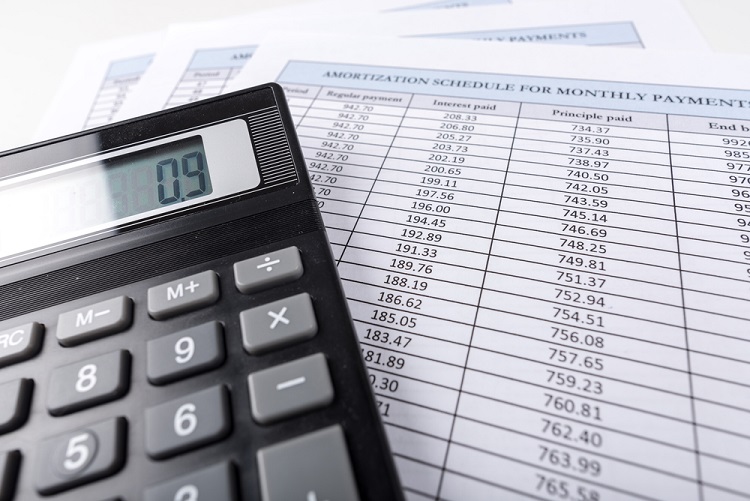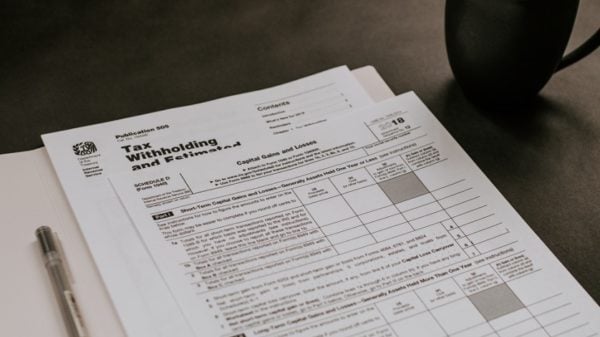For most individuals, purchasing a house is the most significant sole investment they’ll ever make. Because of the expensive price tag, most of them usually apply for a mortgage. An amortized loan that is repaid in uniform installment for a particular period is called a mortgage. The amortization period can vary depending on what the borrower specified on their application.
Normally, these loans follow a 30-year period, but consumers can always have the option to get a shorter period, such as 25 or 15 years. The amortization period significantly affects the time you have to repay and the interest added on your installments. When you have more extended amortization periods, your monthly installments are cheaper, but your interest rate is higher.
Making Extra Payments
When you prefer to pay a larger amount than the stipulated installment, you can allocate that extra amount to be credited to the principal. Since interest is based on the principal balance, repaying the principal in a shorter period of a fix-rate loan can lower the interest. These small extra payments can go a long way.
An excellent example is if you have a 30-year fixed loan of $200,000 and a 4% interest rate, your monthly will be $955 for the rest of the period. When you pay an extra hundred dollars every month to the principal, your amortization period is shortened, and the interest is lowered too. If you go higher than $200 for your extra payments, you will most like finish your loan a lot faster, and you’ll pay a much lower interest.
Furthermore, some borrowers opt to pay twice a month instead of one. When you divide your installments into two, it’s similar to paying an extra monthly installment in a year. This additional payment can be credited to the principal balance. You must be aware of how your lender credits your extra payment so you’ll see the difference in your loan balance. Some lenders have special installment schedules that will be both beneficial to the borrower and lender.

Be financially responsible and make additional payments to your mortgage
Make A Smart Decision
Choosing which mortgage best fits your finances should not heavily rely on the lender. Even if the lending industry has tough criteria, you can still be approved for a hefty credit that you really need. If you prefer the concept of a faster amortization period, you can opt for a lesser interest and pay the loan in full in the shortest possible time. However, if you find the monthly installments are too high, try to apply for a smaller loan amount or a cheaper property if you’re purchasing a house. With a lesser mortgage, you can afford to make extra payments to shorten your amortization period.
Since several aspects can impact the kind of mortgage that suits you, it’s crucial to assess your financial situation. If you want a higher mortgage and you belong to a higher tax group, say, your mortgage’s deduction is more favorable than if you choose a lower mortgage and you belong to a lower tax group. Or, if your ROI is doing great, there’s no sense in creating your portfolio to pay for a higher mortgage. The best-case scenario is to assess your financial situation and your requirements and take enough time to identify the best loan package for you.


































































